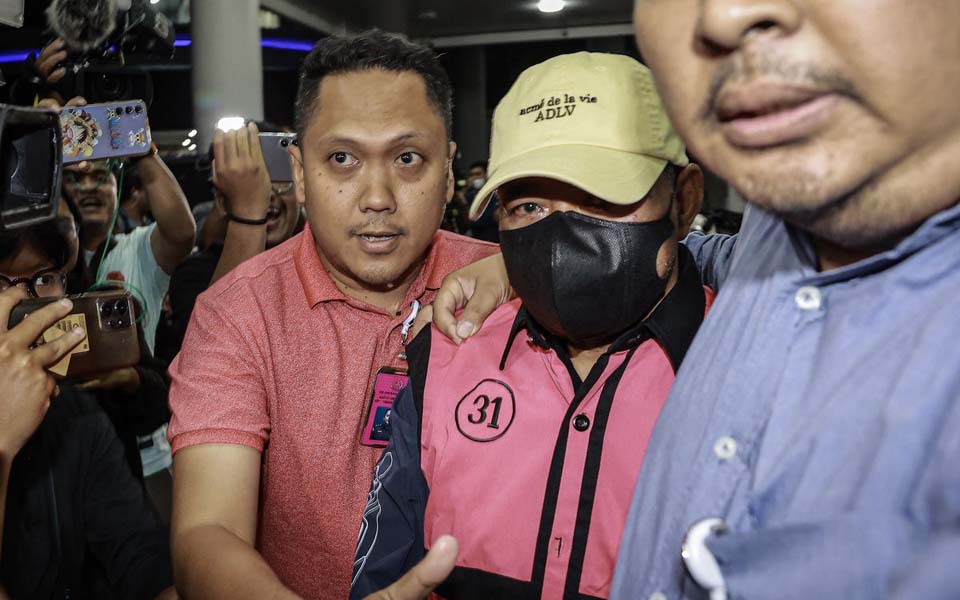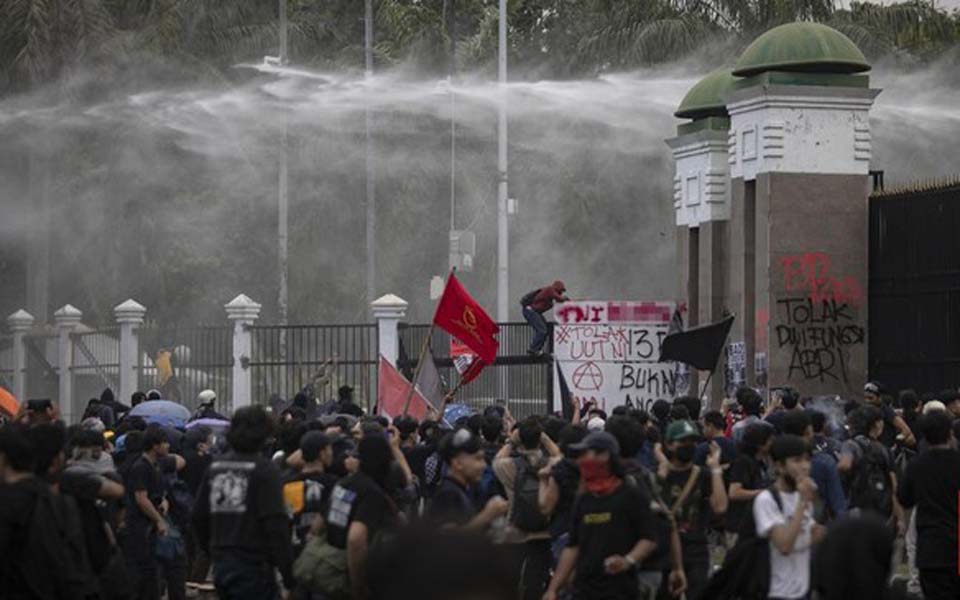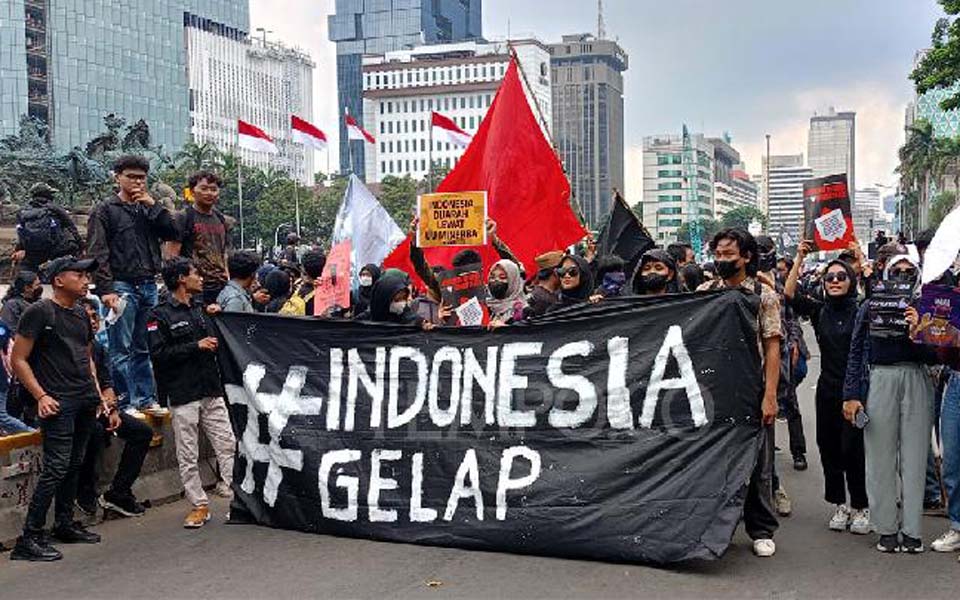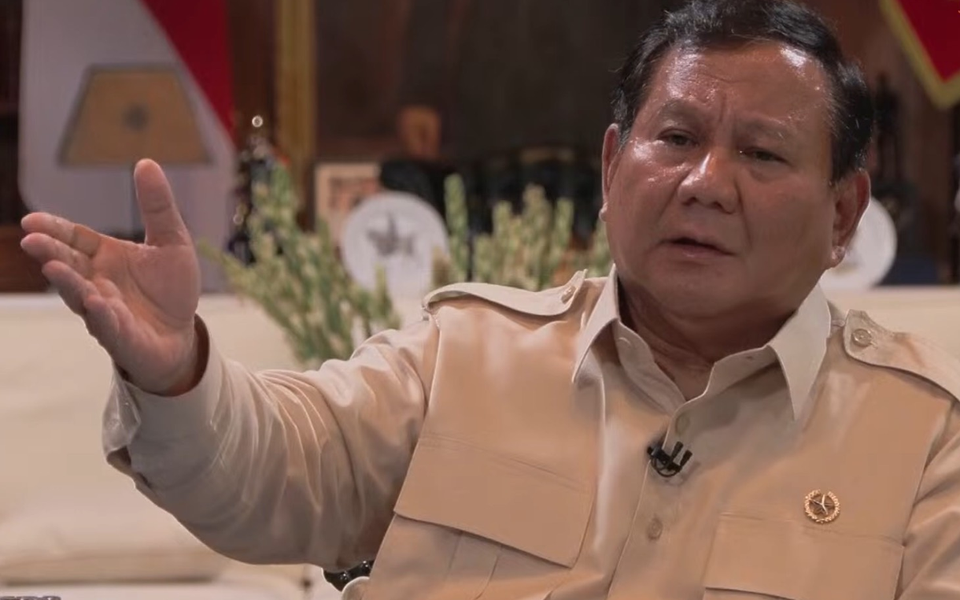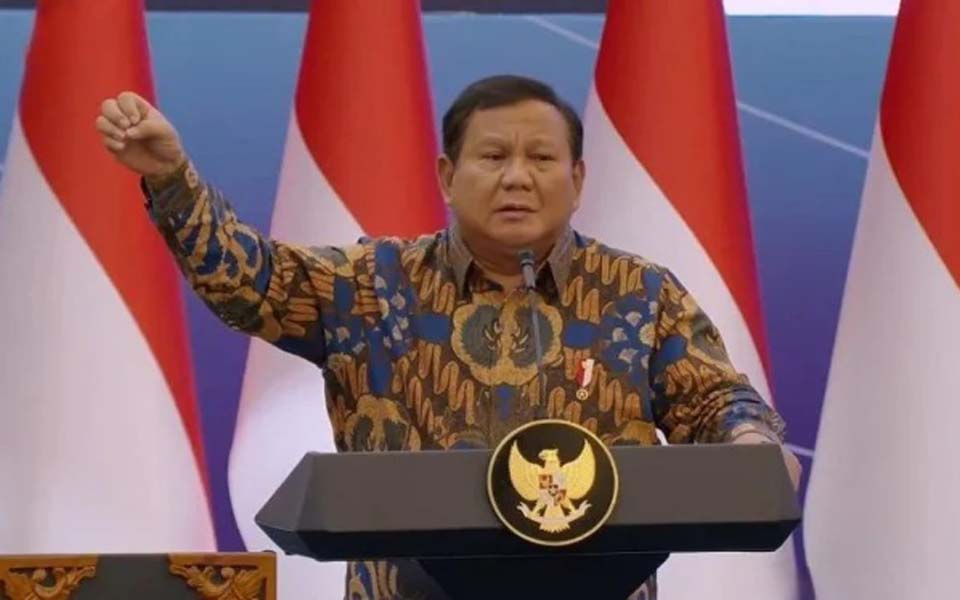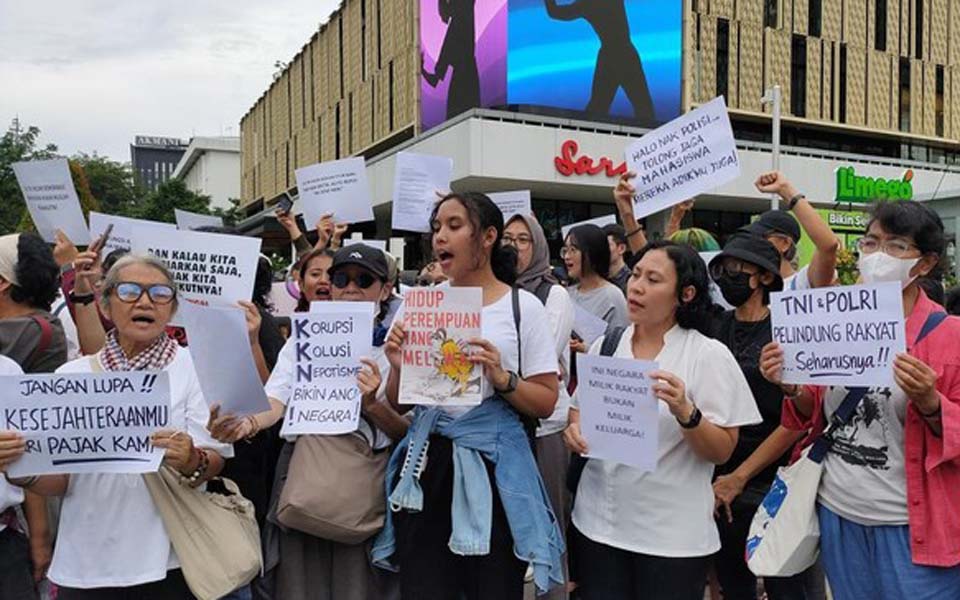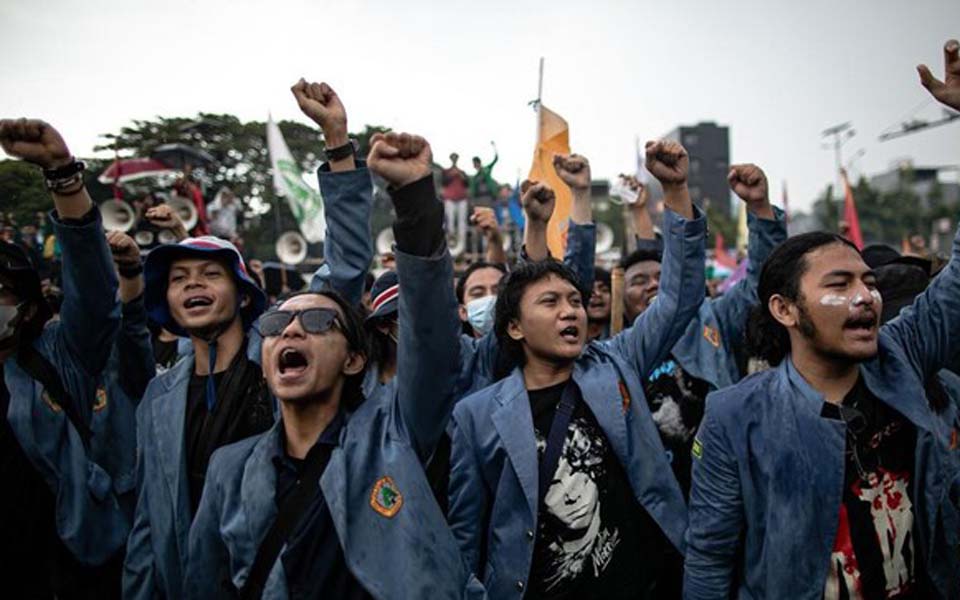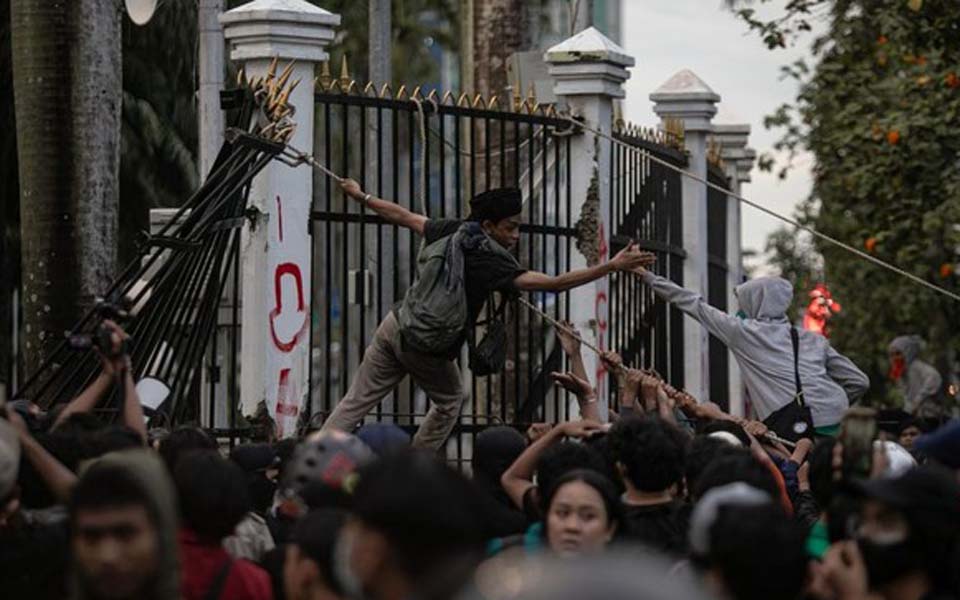Jakarta – The online petition website change.org recorded that petitions related to the democracy and anti-corruption movement were the most popular in 2019. Eight petitions on these two issues received some 2.3 million votes or signatures.
The democracy and anti-corruption movements together pushed aside the previously dominant issue of the environment which was the most popular on change.org in 2018.
Partnership Director for change.org Indonesia, Desmarita Murni, said that the issues of democracy and anti-corruption were the most popular because it coincided with the legislative and presidential (pilpres) elections. Aside this, these issues were also stimulated by massive student demonstrations such as the #ReformasiDikorupsi (Reform Corrupted) actions.
“The social movements related to democracy and anti-corruption grew because of the political situation in Indonesia which is currently being tested. Beginning with the change over in the people’s representatives (parliament’s) terms in office and the pilpres”, he said in a press release on Friday January 17.
Change.org noted that the #SemuaBisaKena (this affects everyone) which was part of the #ReformasiDikorupsi movement was one of the most popular petitions and was signed by almost 1 million people.
This petition, according to change.org, was one of the channels used by Indonesians to articulate their opposition to the Draft Criminal Code (RKUHP). As a result of the protests, the House of Representatives (DPR) did not end up passing the RKUHP and the controversial articles contained in the law.
Tunggal Pawestri, an activist who created the recent online petitions against the RKUHP, said that movements through social media and sites such as change.org must still be accompanied by direct action.
According to Pawestri, the vehicle of online petitions in a democratic movement is useful as a channel to articulate people’s views.
“[But] I don’t think that online movements will be able to gain traction if they’re not counterbalanced by a movement that takes to the streets. Otherwise what in the end happens is only a handful of people find out about it and it doesn’t get widespread support”, Pawestri told CNN Indonesia on Friday January 17.
The petition movement against the RKUHP initiated by Pawestri garnered 1 million signatures in just five days. The petition was drafted in cooperation with a number of legal institutions and movement organisations such as the Institute for Criminal Justice Reform (ICJR), the Women’s Legal Aid Foundation for Justice (LBH Apik) and volunteers from the National Alliance for the Reform of the KUHP.
“Because they were the ones that really understood the substance [of the draft law]. I asked them to brief me. I was given input on how to package the issues in order to protect it from unreasonable challenges”, said Pawestri.
In addition to this, the democracy and anti-corruption movement petitions on change.org are were ones which scored a win.
Change.org notes that one in four online petitions on its website are successful. In total, there are more than 2.5 million change.org users who have scored wins through their petitions.
Aside from the petitions made by Pawestri, the other petitions which have been successful include the petition calling for the release of journalist and musician Ananda Badudu who was charged with spreading “false” news and the petition against the Draft Law on Music by musician Danilla Riyadi. (thr/wis)
[Translated by James Balowski. The original title of the article was “Gerakan Demokrasi & Antikorupsi Terpopuler di Change.org 2019”.]






